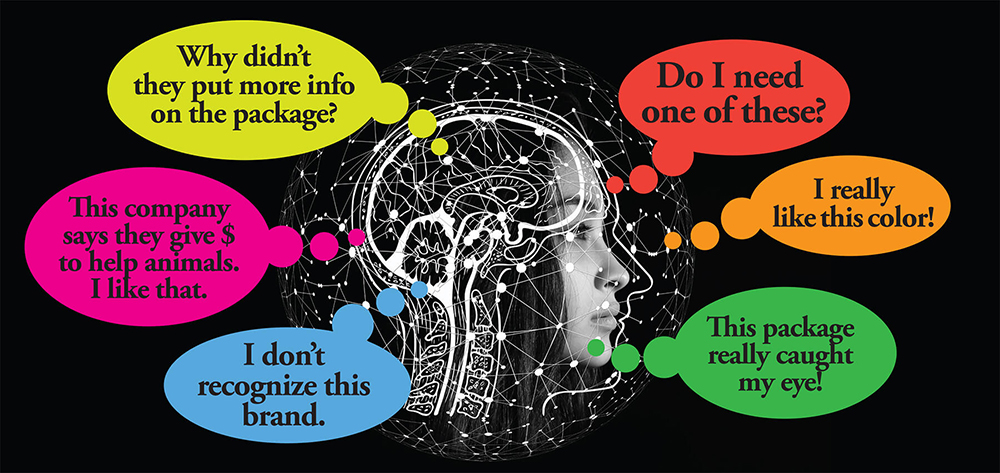Have you ever wondered why you buy things you don’t truly need? The answer lies in psychology. Our spending habits are shaped by emotions, not logic.
Retailers use colors, music, and even scents to trigger pleasure and urgency. Online, algorithms analyze behavior to personalize ads, making impulse purchases even harder to resist.
Shopping also releases dopamine, the brain’s “reward chemical.” It makes us feel good — temporarily. But overspending often leads to guilt and financial stress.
To control emotional spending, experts recommend using the “24-hour rule”: before buying non-essential items, wait a day. Most of the time, the urge fades.
Understanding your triggers — stress, boredom, or social pressure — helps you make better financial choices. True satisfaction comes not from owning more, but from mastering control over your desires.

